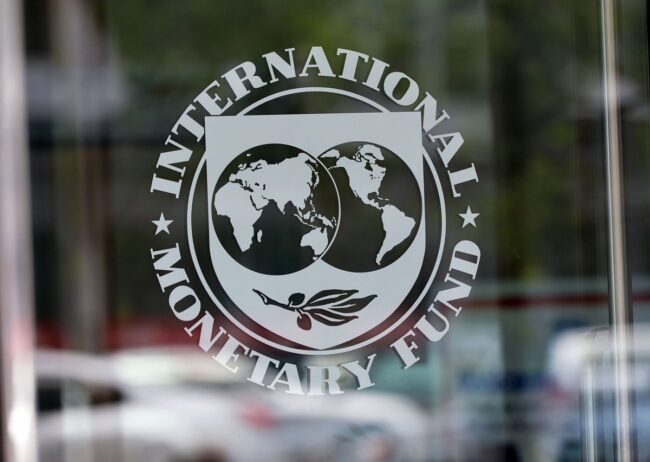The International Monetary Fund (IMF) says the federal government should end fuel subsidies and create a credible timeline to recapitalise weak banks in the country.
At the conclusion of the IMF Executive Board 19 Article IV Consultation with Nigeria, the financial institution expressed its support for the government’s plans to reform and raise value-added tax (VAT).
In its report seen by TheCable, the IMF said 2.5 percent in the medium term, but with population growing at a faster rate, growth per capital will be less than zero percent.
It also called on the Central Bank of Nigeria (CBN) to stop its direct intervention in the foreign exchange market.
Advertisement
“They welcomed the authorities’ tax reform plan to increase non-oil revenue, including through tax policy and administration measures,” IMF directors said via a statement mailed to TheCable.
“They stressed the importance of strengthening domestic revenue mobilization, including through additional excises, a comprehensive VAT reform, and elimination of tax incentives.
“Directors highlighted the importance of shifting the expenditure mix toward priority areas. They welcomed, in this context, the significant increase in public investment but underlined the need for greater investment efficiency.
Advertisement
“They also recommended increasing funding for health and education. They noted that phasing out implicit fuel subsidies while strengthening social safety nets to mitigate the impact on the most vulnerable would help reduce the poverty gap and free up additional fiscal space.”
RECAPITALISE WEAK BANKS
The IMF directors “welcomed the decline in nonperforming loans and the improved prudential banking ratios but noted that restructured loans and undercapitalized banks continue to weigh on financial sector performance”.
They suggested “strengthening capital buffers and risk based supervision, conducting an asset quality review, avoiding regulatory forbearance, and revamping the banking resolution framework”.
“Directors also recommended establishing a credible time bound recapitalization plan for weak banks and a timeline for phasing out the state backed asset management company AMCON”.
Advertisement
Add a comment






